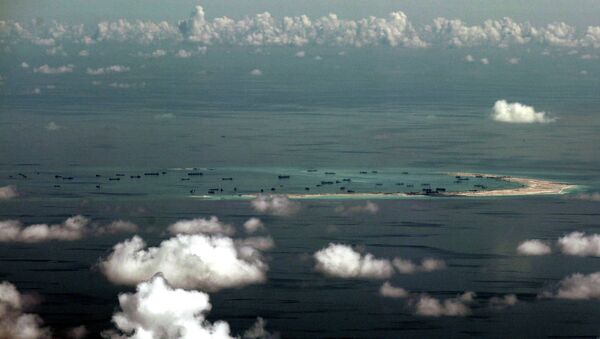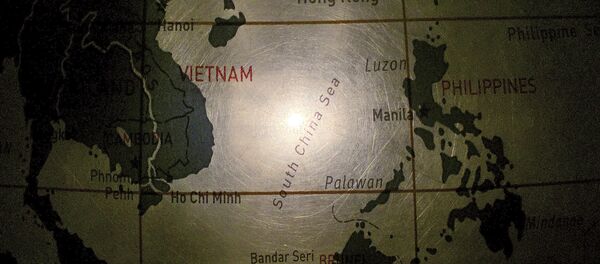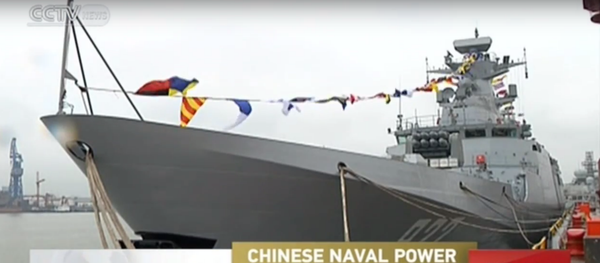On Tuesday the Hague-based court ruled that Beijing has no legal basis for claiming historical rights to territories within the nine-dash line in the South China Sea. The ruling came as little surprise, given that the United States and its Pacific allies have long pressured China to abandon land reclamation projects in the region.
While Beijing maintains that the ruling has no authority, the US is expected to continue its provocations in the South China Sea.
Europe, on the other hand, has so far expressed a more diplomatic tone on the matter.
"The rule-based international order is in our common interest and both China and the EU have to protect it," European Council President Donald Tusk said one day after the Hague announced its decision.
While this is hardly a glowing endorsement of Beijing, Tusk’s comment also seems to deliberately avoid calling on the Chinese government to recognize the ruling.
"It is doubtful that the European bloc and its single state members will welcome recent calls from the Washington-based Center for Strategic and International Studies for a transatlantic initiative to inflict economic and financial penalties on China over its refusal to obey the arbitration court’s legal decision," Emanuele Scimia writes for Asia Times.
The United States will likely continue its "freedom of navigation" patrols through the region, in an attempt to enforce the ruling, but it is unlikely that Europe will participate.
"Europe is still in economic disarray and dramatically needs Chinese investments for its recovery," Scimia writes. "…meaning that the EU will be careful not to make a fuss about the South China Sea controversies."
A highly-contested region through which roughly $5 trillion international trade passes annually, most of the South China Sea is claimed by China, though there are overlapping claims by Taiwan, the Philippines, Malaysia, Vietnam, Brunei, and Vietnam.
The US has expressed opposition to the construction of a series of artificial islands in the waterway, accusing Beijing of attempting to establish an air defense zone in the region. China maintains it has every right to build within its own territory and that the islands will be used primarily for civilian purposes.





